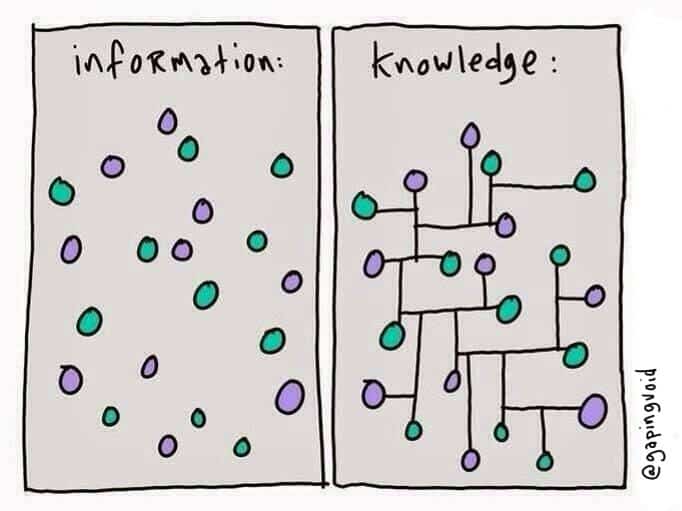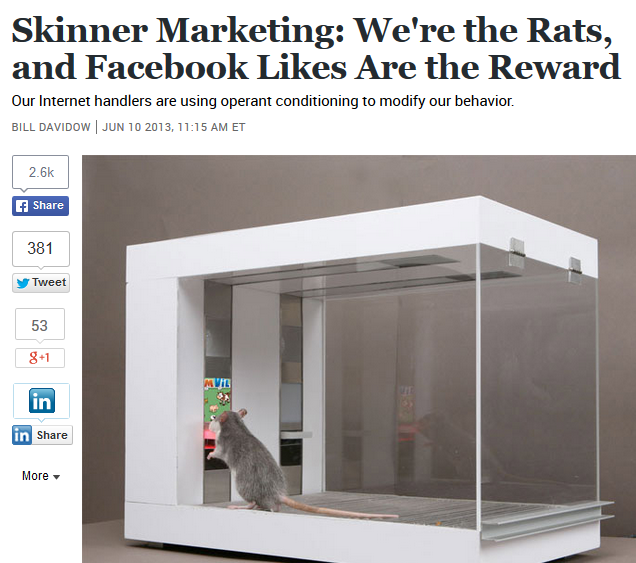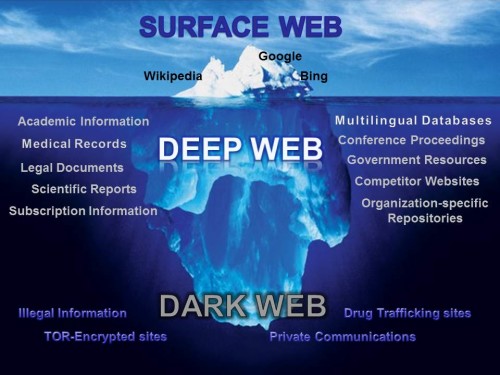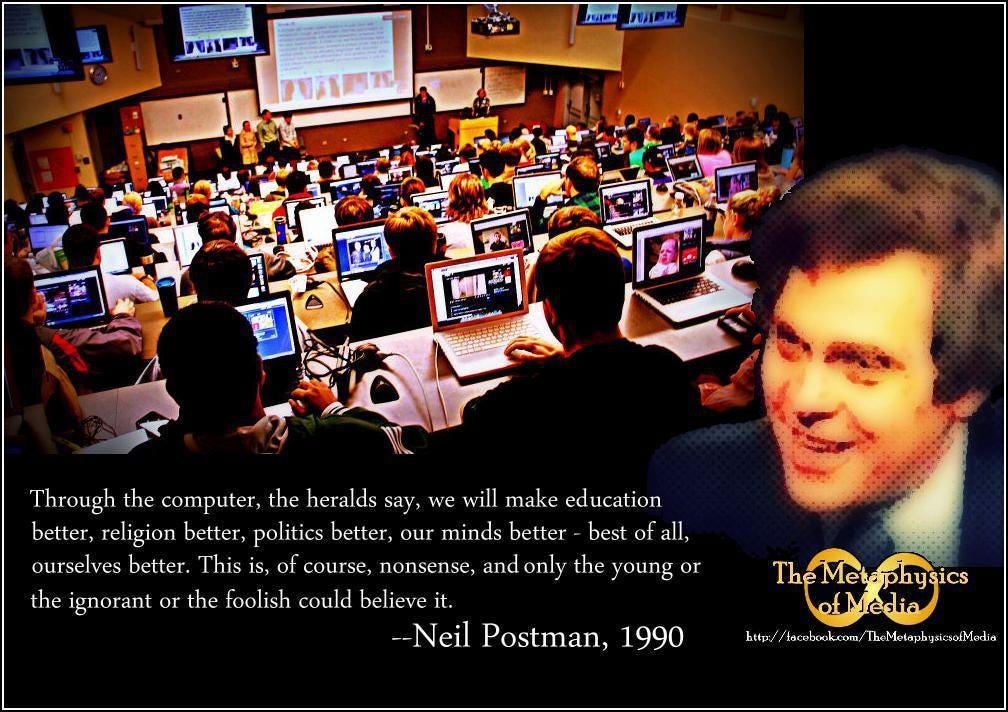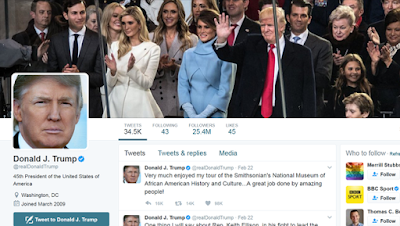 Class
Class
Essential Question: How does the World Wide Web help and hinder the sharing of information and the creation of a knowledge society?
1. From
Nineteen Eighty-Four
2. Read:
The Onion: “Facebook User Verifies Truth of Article by Carefully Checking it Against Own Preconceived Opinions”
3. Report on Shane. See the definition for
Yellow Journalism
4. Reflect and Discuss:
Problem 1: What's legitimate information? What is dubious information? How can we tell the difference? Why does being able to tell the difference matter?
Step 1: Individually, evaluate and report:
A. Here is a sample of the homepage for Slate.com. Identify which of the numbered items is a news story, and which is an advertisement.
https://drive.google.com/file/d/0B_Egjt-4g-yZaUgza0pnTEM0TGs/view?usp=sharing
B. Does this post provide strong evidence about the conditions near the Fukushima Daiichi Power Plant? Explain your reasoning.
http://imgur.com/gallery/BZWWx
What about the original posting?
https://twitter.com/san_kaido/status/603513371934130176?ref_src=twsrc%5Etfw
C. Why this tweet might and might not be a useful source of information?
https://twitter.com/moveon/status/666772893846675456?lang=en
More on the Fukushima Mutant Flowers
Step 2: With a partner, define and report: What is and is not "fake news"?
- Satirical news from a site like The Onion (“Dolphin Spends Amazing Vacation Swimming With Stockbroker”)
- The daily clickbait in our social media feeds (such as the one written by the "new yellow journalist" Shane).
- Outright invented news, like pieces that claimed, just before the election, that Pope Francis had endorsed Donald J. Trump, or that Donald Trump had once said that “Republicans are the dumbest group of voters.”
- Erroneous interpretation of a fact that is distributed without fact-checking (as with the Fukushima Mutant Flowers).
- "Native advertising": Advertisement passing as news (as in Slate.com).
- News that shows a highly partisan bias.
Consider: Are some of these forms of unreliable news more dangerous than others? Which? Why?
Problem 2: How do the Internet and Web help and hinder fake news?
Individually, reflect and report:
In a recent letter to the world, Sir Tim Berners-Lee reminded us that he imagined the world wide as "an open platform that would allow everyone, everywhere to share information, access opportunities and collaborate across geographic and cultural boundaries." In what ways do the specific characteristics of the Internet and the World Wide Web, especially in its 2.0, 3.0, and mobile versions contribute to the boom of fake news?
Possible solutions: Explore
and report:
CUNY Graduate School Fake News Cheat Sheet
See also :
Fact-checking sites:
Browser plug-ins:
For next class
ALL Journals are due Saturday 11/3 by 9:00AM
 You will have two hours to compose a reflective essay based on the questions in this document: https://docs.google.com/document/d/1JWvRWnL1nbAM5PqtHzZAh4oFBL7cgwPerfY6z25SLbk/edit?usp=sharing
You will have two hours to compose a reflective essay based on the questions in this document: https://docs.google.com/document/d/1JWvRWnL1nbAM5PqtHzZAh4oFBL7cgwPerfY6z25SLbk/edit?usp=sharing
